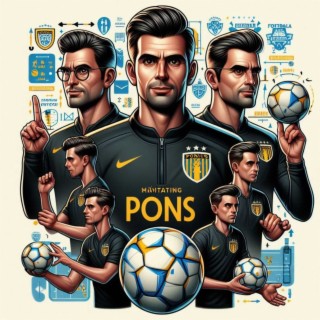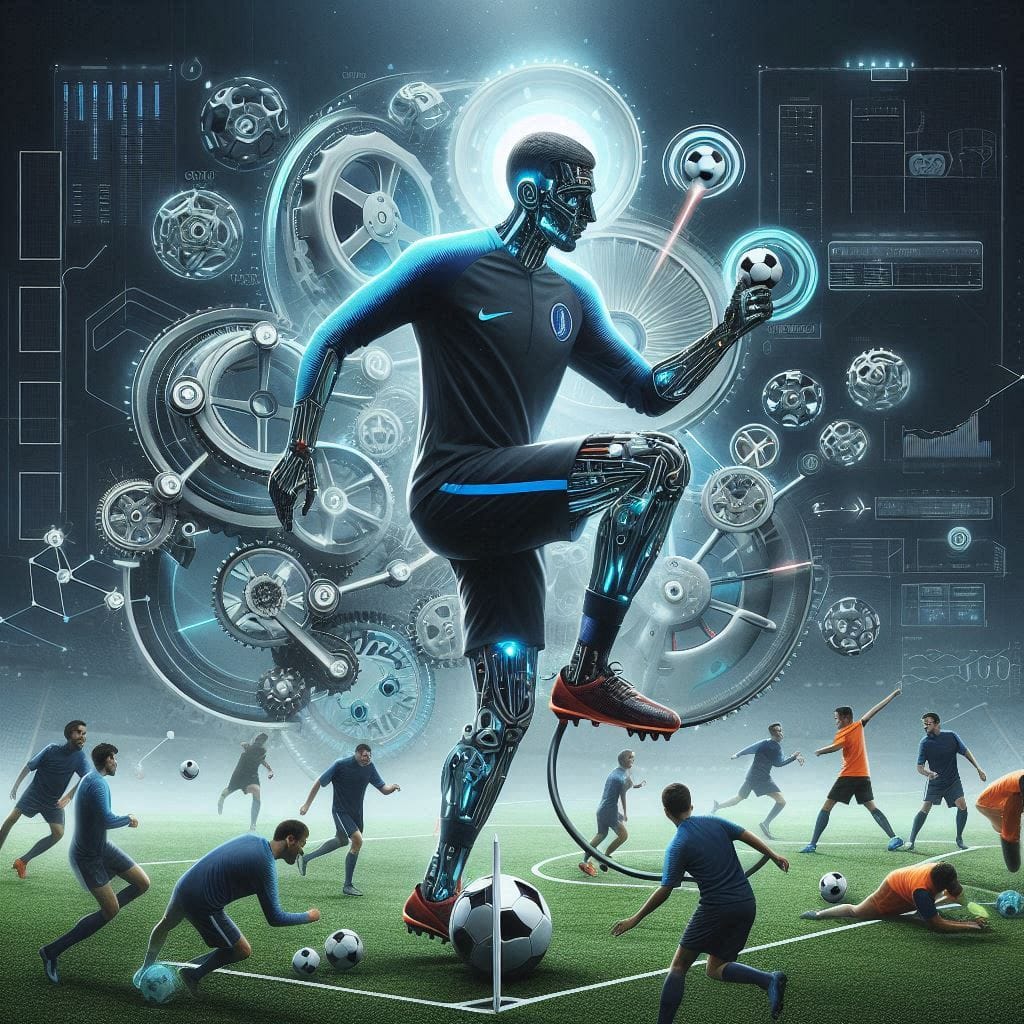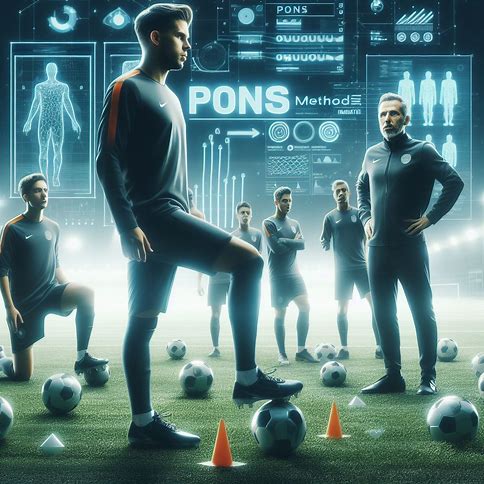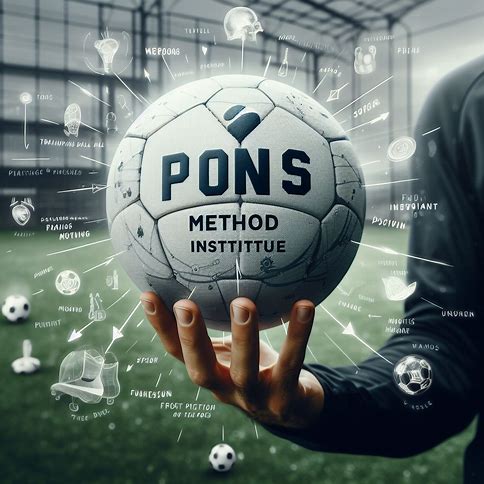
In the modern era of football, where technology seems to dominate every aspect of the game – from data analysis to virtual reality simulations – many clubs fall into the trap of thinking that the solution to their problems lies in accumulating digital tools. However, the real key to success lies not in technology alone, but in a solid methodology that guides it. The Pons Method, created by David Pons, is a perfect example of how a well-structured training philosophy can transform a team, with technology acting as an ally and not an end in itself. Clubs should prioritise methodology over technology for three fundamental reasons: strategic coherence, operational efficiency and long-term sustainability.
1. Strategic Coherence: A brain before a thousand arms
Imagine a club that invests in performance analysis software, IoT devices to measure physical effort, tactical visualisation applications and big data platforms, all without a unified system to connect them. The result is a chaos of fragmented data, contradictory interpretations and inconsistent decisions. Technology, like any tool, needs a brain to guide it. The Pons Method offers that brain: a comprehensive methodology that unifies technical, tactical, physical and mental under principles such as collective individualization and cognitive tactical synchronicity.
Instead of relying on a thousand competing decentralized softwares, the Pons Method uses tactical panels and Football Process Management (FPM) to align all the tools towards a common goal: optimizing the team’s game model. For example, while an analysis software might show that a player runs less in the second half, the Pons Method interprets that data within a tactical and cognitive context, adjusting its training in a specific way without losing sight of collective cohesion. Technology without methodology is noise; with it, it is music.
2. Operational Efficiency: Less is more when there is a plan
Clubs, especially those with limited budgets, often spend excessive resources on technological solutions that promise miraculous results but end up underutilized due to lack of integration. Buying software after software without a methodological foundation is like building a house without blueprints: you can have the best materials, but the result will be a disaster. The Pons Method reverses this logic by prioritizing operational efficiency from the very design of the training.
With its focus on process automation and gamification, the Pons Method leverages existing technological tools (such as sensors or augmented reality) to enhance training sessions without the need for an overwhelming technological infrastructure. For example, a pre-match warm-up with Interactive Tactical Simulation (ITS) does not require 10 different softwares, but rather technology at the service of a clear plan: preparing the team mentally and tactically in minutes. Clubs save time, money and effort by focusing on a methodology that makes technology work for them, not the other way around.
3. Long-Term Sustainability: Building foundations, not houses of cards
Technology evolves rapidly, and decentralized software becomes obsolete just as quickly as it arrives. A club that bets everything on a collection of digital tools without an underlying system runs the risk of collapsing when those tools fail or become outdated. In contrast, a methodology like the Pons Method offers sustainability because it is based on universal principles—neurodiversity, synchronization, integral development—that transcend technological fads.
The Pons Method Decalogue advocates a sustainable approach that considers the long-term growth of players and the environmental responsibility of the club. Technology, such as virtual reality systems or big data analysis, is integrated as a means to those ends, not as an end in itself. A club that adopts the Pons Method builds solid foundations: it can update its tools without losing its essence, while one trapped in a web of disconnected software is at the mercy of the next update or the next provider.
Technology at the service of the methodology, not against it
It is not about rejecting technology, but about mastering it. The Pons Method shows that a well-defined methodology can turn tools such as AI, wearables or interactive panels into natural extensions of the training process. Instead of fighting against a tangle of decentralized software that fragments the technical staff and confuses the players, clubs should opt for a centralized system such as the Pons Method, where technology is a disciplined ally.












